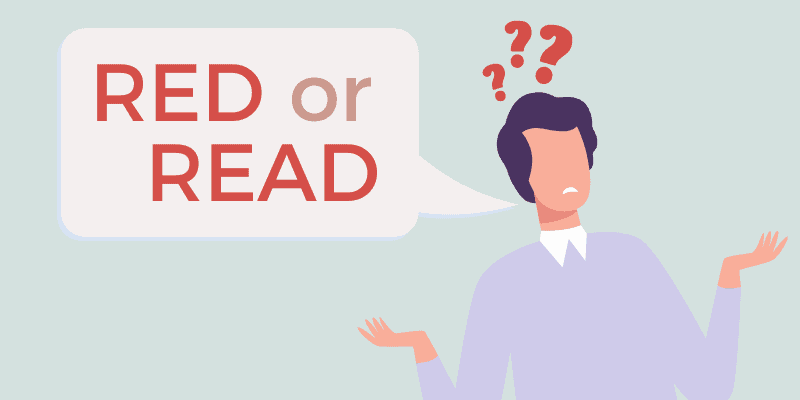Pain vs. Pane
Pain and pane are homophones, which are words that are pronounced in the same manner but are spelled differently and have different meanings and origins. We will look at the definitions of pain and pane, the origins of these two words and some examples of their use in sentences. Pain is an unpleasant sensation that is caused by injury or illness. Pain may also refer to suffering due to mental or emotional distress. Pain may also be used informally to …

